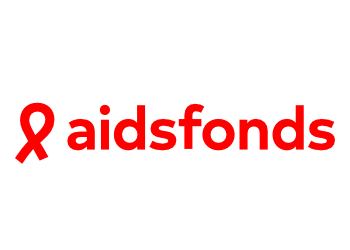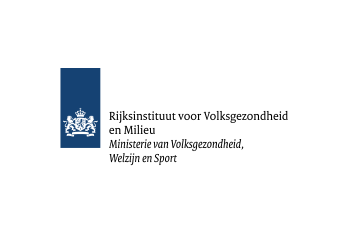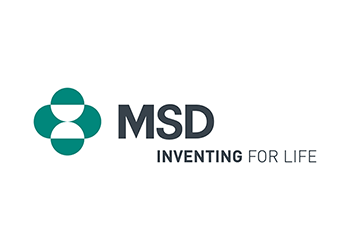Students from all over the world study in the Netherlands. They have a legal right to be here and are required to take out private insurance to cover medical expenses. However, HIV care is not usually covered. Some students are aware of their HIV status on arrival, others find out during their stay. Continuing or starting HIV treatment is crucial to their health. Luckily, it is possible for the uninsured to access HIV care and to have it reimbursed. A part-time job or the Complete+ policy can offer solutions too.
In brief
- HIV care is a medical necessity and must be provided
- HIV care for the uninsured is reimbursed through the CAK Subsidieregeling (Subsidy for providing essential medical care to uninsured patients)
- Working as well as studying provides access to basic insurance and the reimbursement of HIV care
- The Complete+ policy offers reimbursement for HIV care, under certain conditions
HIV care is essential
Providing HIV care to foreign students is important because starting or continuing HIV treatment in the Netherlands is essential for individual health, but also for public health because the virus can no longer be transmitted if it is suppressed by HIV medication (u=u).
Standard exclusion
Private health insurance applies a standard exclusion of healthcare costs for pre-existing conditions. However, most private insurance policies apply a standard exclusion of HIV care in all situations. So, if the HIV status has already been established before departure to the Netherlands, the costs of HIV care will not be reimbursed. That also applies to individuals who test positive for HIV while studying in the Netherlands. People are expected to pay for the costs of HIV care and treatment themselves. Or, if possible, make arrangements in their own country. In most cases this is impossible.
Options for accessing HIV care anyway
1 - Provision of HIV care for the uninsured
By law, you are always entitled to essential medical care. This applies to the care deemed necessary by the doctor during a consultation, as included in the basic package of the Zorgverzekeringswet (Zvw). This care must be provided, even when people turn out to be uninsured, or are under insured for HIV care; or when they don’t have sufficient funds to pay for the care provided. This applies to both HIV care and HIV medication. In these situations, the healthcare provider and the pharmacy can claim their expenses from the CAK Subsidieregeling for essential medical care for the uninsured.
2 - Private group insurance coverage for HIV care
Reimbursement for HIV care is included ─ subject to certain conditions ─ in the ICS Complete+ Student Insurance offered by Aon, an intermediary that offers private health insurance to foreign students. This policy is offered to students by a limited number of educational institutions.
Should the coverage in this policy nevertheless prove insufficient, you can use the CAK regeling to cover the uninsured amount.
3 - Working alongside studying
If your Dutch visa allows it, taking a part-time job during your stay in the Netherlands offers a solution. When you do this, you are legally obliged to take out basic insurance, which covers your HIV care. The health insurer has a duty of acceptance and is therefore obliged to accept an international student with HIV. Once you have basic insurance, you can apply for a healthcare supplement for partial compensation of the health insurance premium.
Students from the EU
A large proportion of the students who come to study in the Netherlands are from the EU. They can use their EHIC (European Health Insurance Card) to access healthcare in the Netherlands. This does depend on the conditions and the package in their home country. They must ask their health insurer what their options are regarding provision and reimbursement of HIV care and medication. If arranging HIV care through the EHIC is not possible, then these students can also look at which of the three previously mentioned solutions (Aon Complete+; CAK; part-time job) could be a solution.
How do you find HIV care?
It is best to make an appointment with a family doctor near you. They can supply you with a referral letter for an appointment at an HIV clinic near you.
If this doesn’t work, check locally what the other options are, such as a Red Cross medical station. You can also go to a mobile medical centre run by Dokters van de Wereld (such as the Zorgbus), or to the Straatdokters (Street Doctors - their website is in Dutch), like the one at the Pauluskerk in Rotterdam or the Kruispost in Amsterdam.
Explanation: claiming through the CAK
The Ministry of Health, Welfare and Sport (VWS) doesn't want international students to be excluded from HIV care. It points to the possibility of hospitals submitting HIV care costs to the CAK regeling for uninsured people, coordinated by GGD/GHOR (Municipal Health Centre/Medical Assistance in Accidents and Disasters). The part of the care ─ that is HIV care ─ not covered by a private insurance, but which is covered by the Zorgverzekeringswet-pakket (Dutch Health Insurance Act), can be claimed by the care provider through the CAK Subsidieregeling for essential medical care for the uninsured.
In the event of Zvw costs not covered, anyone who doesn’t have Zvw basic insurance, and who doesn’t fall under the regulations for uninsurable foreigners, falls under the CAK regeling for essential medical care for the uninsured. Healthcare providers can claim costs for care provided through the CAK regeling: https://www.hetcak.nl/zakelijk/regelingen/regeling-onverzekerden
Background information
- More information about health insurance for foreign students in the Netherlands:
- Fact sheet with information about the Dutch healthcare and insurance system
- • More information on the funding mechanisms whereby care providers can apply to the CAK for reimbursement of uninsured people’s care costs:
- CAK regelingen (in Dutch)
- de DAEB-overeenkomst (Services of General Economic Interest) contract with the CAK (in Dutch)
Contact the Servicepunt (Service Desk) of the HIV Vereniging (Dutch HIV Association) if you have any questions. Call 020 - 689 25 77 on Mondays, Tuesdays, Thursdays from 14.00 to 22.00, or email: This email address is being protected from spambots. You need JavaScript enabled to view it..









